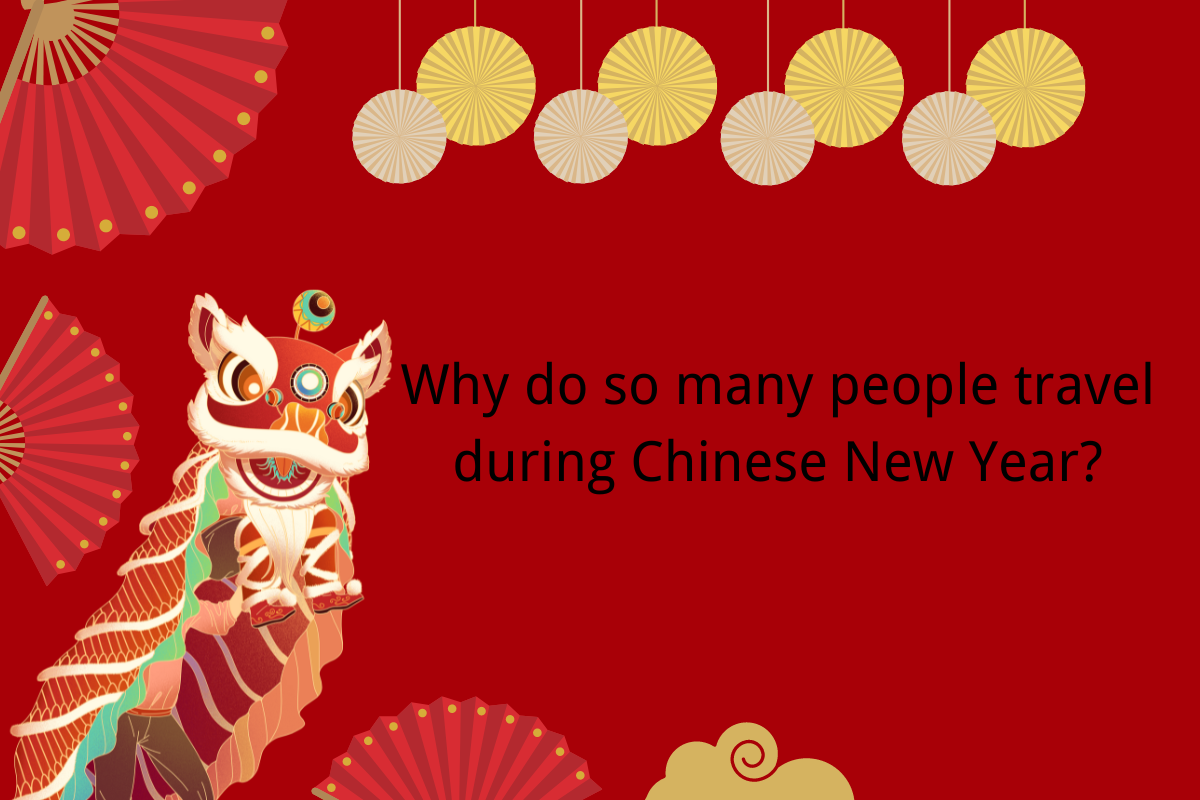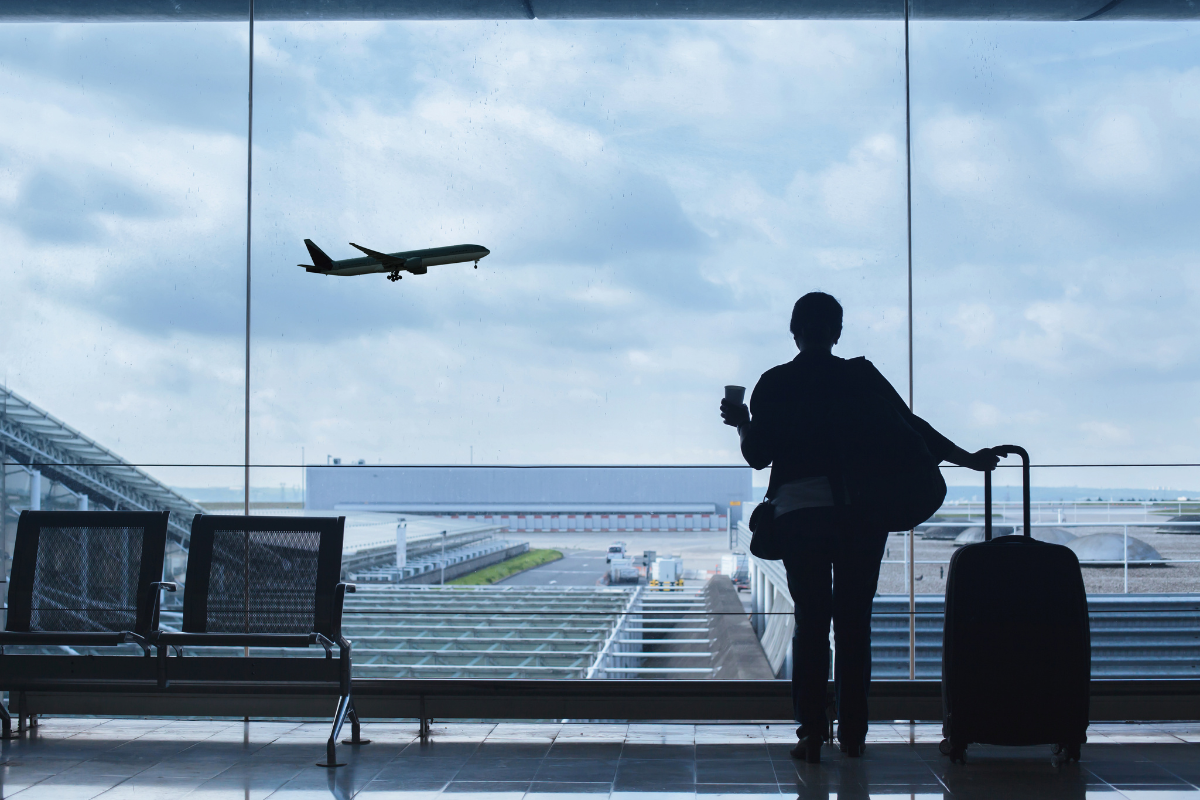Why do so many people travel during Chinese New Year?
With the arrival of the Spring Festival comes another annual event that captures the attention of millions: the Spring Festival travel rush, known as "Chunyun" (春运) in Chinese. Tday, we'll delve into the reasons why so many people travel during Chinese New Year and explore the significance of Chunyun in Chinese culture.

Family Reunion (家庭团聚)
Chinese New Year is widely regarded as the most important traditional holiday in China, emphasizing the importance of family and kinship. Many people travel long distances to return 返回 (fǎn huí) home to their families and hometowns, regardless of the challenges and obstacles they may encounter. The desire to reunite with loved ones during Chinese New Year is deeply ingrained in Chinese culture, and Chunyun provides an opportunity for families to come together, share meals, exchange gifts, and celebrate the New Year festivities as a unit.
返回 (fǎn huí), verb, return
Exampes:
- Please return the book to the library.
请把书返回图书馆。
Qǐng bǎ shū fǎn huí tú shū guǎn. - He will return home after finishing his work.
他完成工作后会返回家。
Tā wánchéng gōngzuò hòu huì fǎn huí jiā.

Cultural Tradition (文化传统)
Chunyun is deeply rooted in Chinese cultural tradition and heritage. Historically, Chinese New Year was the only time of the year when people had the opportunity to travel long distances to visit relatives and pay respects to ancestors. Over time, this tradition evolved into a mass 群众 (qún zhòng) migration phenomenon as urbanization and modern transportation systems made travel more accessible. Today, Chunyun remains an integral part of Chinese culture, symbolizing the importance of familial bonds, filial piety, and cultural continuity.
群众 (qún zhòng), noun, mass
Examples:
- The mass gathered in the square for the rally.
群众聚集在广场上参加集会。
qúnzhòng jùjí zài guǎngchǎng shàng cānjiā jíhuì. - The mass protested peacefully against the government's decision.
群众和平抗议政府的决定。
qúnzhòng hépíng kàngyì zhèngfǔ de juédìng.
Economic Opportunities (经济机遇)
For many migrant workers and urban residents, Chinese New Year presents a valuable opportunity to return to their hometowns and participate in local economic activities. During the holiday season, rural areas experience an influx of visitors who contribute to local businesses, markets, and tourism. Additionally, Chunyun stimulates economic growth through increased spending on transportation, food, and gifts, providing a boost to local economies across the country.
Key sentences:
- Are you traveling home for the Spring Festival travel rush?
你要赶春运回家吗?
Nǐ yào gǎn chūnyùn huí jiā ma? - Yes, I've already booked my train ticket.
是的,我已经订好了火车票。
Shì de, wǒ yǐjīng dìng hǎo le huǒchē piào. - I heard the Spring Festival travel rush is very crowded.
我听说春运很拥挤。
Wǒ tīng shuō chūnyùn hěn yōngjǐ.
Related Articles
- Why do People Stay up all Night on Chinese New Year?
- Is it Bad Luck to Wash Your Hair on New Year's Eve?
- Can You Sweep the Floor During Chinese New Year?
- Why do People Visit Relatives During Chinese New Year?
- What are the 4 most Interesting Facts About Chinese New Year?
- What is the Evil Spirit in Chinese New Year?
- What Decorations are Used at Chinese New Year?
- Best Traditional Chinese New Year Activities (Part Three)
- Best Traditional Chinese New Year Activities (Part Two)
- Best Traditional Chinese New Year Activities (Part One)
- Chinese Red Packet Tradition: Traditional Blessings and Festivities
- The Dining Traditions and Symbolism of Chinese New Year that You must Know
- A Taste of Tradition: Comparing Northern and Southern Chinese New Year Feasts
- Lucky Food in Chinese New Year